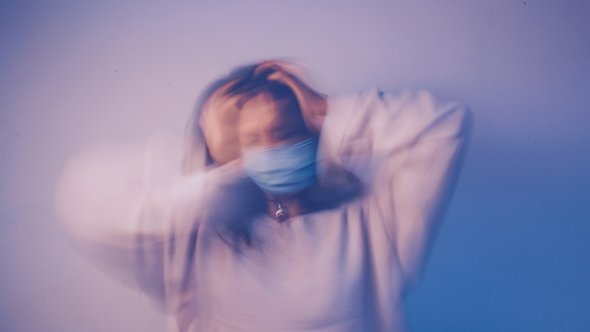
Individuals living with an obsessive-compulsive disorder or OCD sometimes face debilitating challenges that can significantly affect their lives negatively. I have lived with someone who suffered from this condition. If this condition is not treated and managed in its early stages, it leads to other conditions including depression, anxiety, and substance or drug addiction. These conditions can affect the school, work, and social life of the victims. Here are some ways in which you can treat and manage this condition to assist victims to live a more positive, healthier, and happier life.
Deep TMS
Deep TMS or Transcranial Magnetic Stimulation is a special kind of treatment in which the physicians use magnetic fields to reach and alter brain structures that are responsible for mental health conditions. This method of treatment has been in use since 2018 with the approval of the Food Drug enforcement Agency. It effectively provides relief to victims battling mental health conditions. It alleviates compulsive disorder symptoms even in patients that have not improved after going through both medication and therapy. This form of treatment is completely non-invasive, does not require anesthesia, and can be part of a person’s daily routine without any side effects.
Cognitive Behavior Therapy (CBT)
CBT utilizes two scientific methods to help patients change their behavior. These methods are exposure and response prevention as well as cognitive therapy. A cognitive-behavioral therapist with special training in treating such kinds of patients carries out this procedure. In ERP therapy, therapists place patients in situations where they get exposed to their obsessions. At the same time, patients are encouraged not to engage in activities that on normal occasions ease their distress and anxiety. Repeated exposure to such stimuli allows a patient to eventually overcome what they fear and what stimulates their compulsive behavior.
Cognitive Therapy
Cognitive therapy is another approach that you can use to assist OCD patients. In this form of treatment, you help a patient understand that their brain could be sending wrong messages. You help them identify or recognize such error messages, then help to interpret them correctly. The correct interpretations will help the patients control their compulsions and obsessions. This therapy focuses on a patient’s negative thoughts and helps them dismiss those thoughts or see the positive side of things.
Surgery and Invasive Treatment
A majority of patients recover through therapy and other non-invasive treatment. However, some need more than just cognitive therapy. These patients have to undergo some form of neurosurgical treatment. These treatments include implanting radioactive seeds, standard craniotomy, and coagulative lesions among other treatments. Such treatments are not as common since only a few patients get to this level. The efficacy of this kind of treatment is yet to be established, but researchers are carrying out more studies.
Improve Your Diet
Most people tend to ignore the important role that proper diet plays in treating OCD. When your blood sugar is low, it affects your mood in a way that you lack control of your emotions and mood. If you are leaving with a person with this condition, you must ensure that they never lose control of their emotions or mood, otherwise, they may quickly spiral down to their compulsive behavior.
We are happy to present this collaborative post to offer valuable information to our readers.


